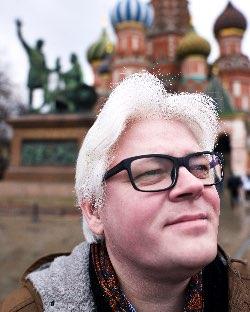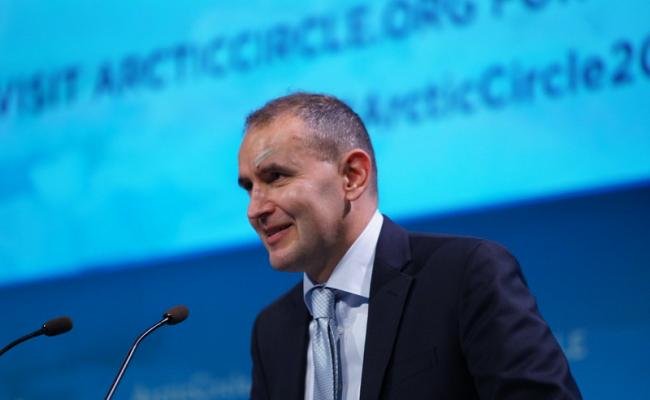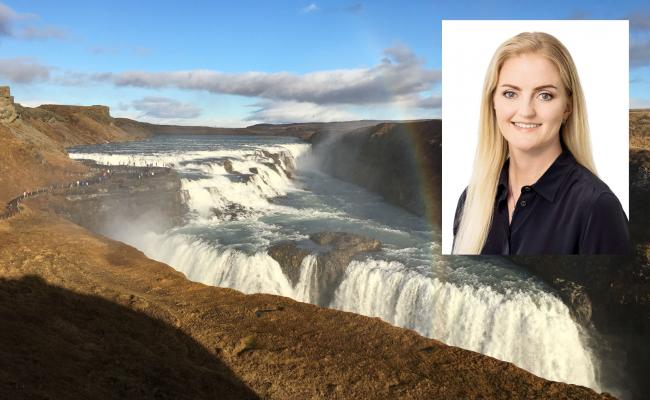Elections in Iceland: Climate is on the Agenda, but Icelandic Politics are Largely about Fishery Issues, says Professor
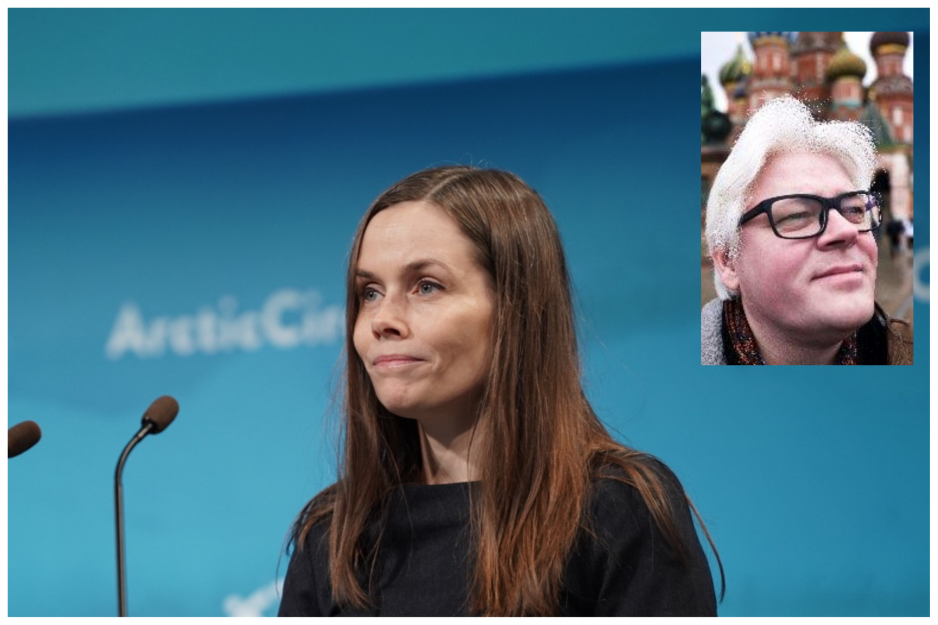
Left: Party Chair of the Left Movement – the Greens Katrín Jakobsdottír has been prime minister in Iceland since 2017. (Photo: Arctic Circle). Top right: Professor Rasmus Gjedssø Bertelsen at UiT Norway’s Arctic University.
Both climate and health care are on the agenda before the elections in Iceland this week. However, the election will primarily be about social economic issues argues Professor Rasmus Gjedssø Bertelsen. “Icelandic politics and economics are largely about fish and fishing quotas”, he says.
On Saturday 25 September, Iceland holds its parliamentary elections. 63 members are to be elected to Iceland’s parliament, the Althingi.
Only two days before the elections, the current government has support from only 43 percent of the population, according to a poll for Fréttabladid taken in the period 17-21 September.
The current Icelandic government is a coalition between three parties; the conservative Independence Party, the Left Movement – the Green, and the center-oriented Progress Party. In the poll, the Progress Party receives 12.2 percent support, the Left 10.7 percent, and the Independence Party 20.1 percent.
According to the poll, the second-largest party in the country is the social-democratic Samfylking, which is supported by 14.7 percent of the population.
Believes the government will continue
“Based on polls I have seen, I believe the government will be re-elected with a narrow majority”, says Professor of Northern Studies Rasmus Gjedssø Bertelsen at UiT The Arctic University of Norway to High North News.
Bertelsen has lived and studied in Iceland for years. He is also affiliated with the Center of Arctic Studies at the University of Iceland.
However, he says, the current government is a slightly odd constellation in which a left-green party has joined forces with conservative parties on the economy.
“The conservative Independence Party has historically been the biggest party in Iceland and dominated Iceland’s society and economy for a long time. The party has been particularly good at defending the economic interest of those it represents. It has often been part of government coalitions in which other parties perhaps have had an idea about moderating or affecting the conservative party.”
“However, I do not think the left-green party has gained much from being member of this government, save from symbolic politics.”
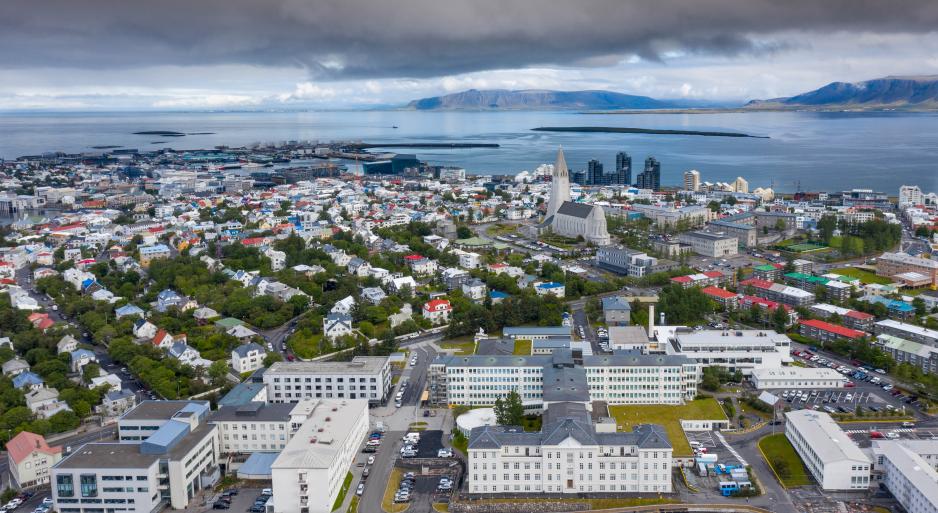
The fish industry is vital for Iceland. Fish and fish products constitute a major part of the country’s export revenues. (Reykjavik photo: Einar H. Reynis/Unsplash)
All boils down to fish
During the first election campaign debate earlier this month, the three main issues economy, climate and health care were debated amongst the party leaders.
When it came to the economy, current Finance Minister and Chair of the Independence Party Bjarni Benediktsson stated that the party has no plans about major investments or tax increase and preferred to rather keep the interest rate low and support enterprises, according to Iceland Review.
The leader of the social democratic alliance (Samfylking) Logi Einarsson said his party wants to increase fish quota taxation and tax the richest with two percent more. Left-green chair and current PM Katrin Jakobsdottir stressed the importance of a stronger tax system to support social equality, according to the paper.
“I believe the election primarily will be about social economic issues in Iceland, about the competition between the interests that are largely represented by the conservative Independence Party against those of the broader Icelandic society”, Bertelsen argues.
He stresses that large parts of Icelandic politics and economy is about issues related to the fisheries and quota system:
“Icelandic politics is not mainly about equal pay or climate change. It is about taxing fishing quotas”, he says.
“Iceland has a very efficient quota system that creates enormous values for quota owners. Icelandic fish quotas are in the main transferred to major trawling vessel companies free. The quotas are accumulated at the hands of very efficient and large owners’ hands, yet they are only lightly taxed.”
He adds that quota owner interests largely are represented in the Independence Party and that it is in the party’s political interest to make sure quotas are not taxed more.
Social inequalities
“However, the fish belongs to the Icelandic people. And if the quotas were to be taxed at a higher level, they would contribute more to Icelandic society and for instance fund health care”, Bertelsen points out, adding that there are significant tensions in Iceland.
“There are social tensions and significant inequality. There is a very strong impression of a health care sector that is starved for resources”, he says in closing.
Also read
This article was originally published in Norwegian and has been translated by HNN's Elisabeth Bergquist.


